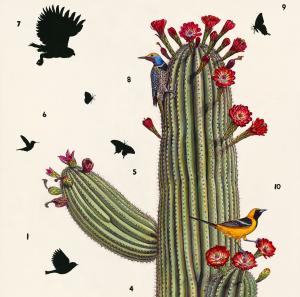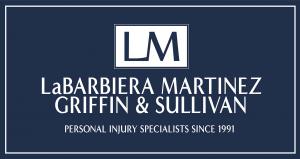Nature is boundless and not constrained by lines on maps.”
— James Prosek
MORRISTOWN, NJ, UNITED STATES, February 21, 2025 /EINPresswire.com/ -- James Prosek: At Work celebrates the significant projects that define the artist’s first 30 years of artmaking, and is the first opportunity for New Jersey audiences to connect with his remarkable creative trajectory.
This comprehensive survey presents
From plein air studies of the birds of Suriname to ocean fish of the Atlantic and portraits of migratory animals in the Great Plains and Rockies, Prosek chronicles subjects from nature with stunning realism. His work extends to insightful narratives of the lifecycles revealed by the changing seasons in his native New England; nearly encyclopedic, world-spanning investigations of eels and trout; and fantastical creatures in taxidermy that blend realism with witty literalism. The exhibition will be on view at the Morris Museum starting February 28, 2025.
“Prosek’s discerning eye and meticulous approach results in a complex and sophisticated body of work that spans his voracious interests in our human relationship to the natural world,” said President and CEO Thomas J. Loughman. “We are thrilled to share this look into James’s creative accomplishments with audiences in Northern New Jersey and beyond.”
Early explorations in his bucolic neighborhood led James Prosek (b. 1975), a native of Easton, CT, to a fascination with trout and a drive to depict them in their biodiversity. This work is captured in his first major book, Trout: An Illustrated History (Alfred A. Knopf, 1996), published while he was still an undergraduate at Yale University.
Prosek set a model for his practice that endures as a template for subsequent projects through today. He systematically observed, caught, imaged, and painted 70 specimens, documenting their vibrant colors and diverse traits. The work led him to pursue the project globally, fishing the 41st Parallel from the Kamchatka Peninsula to Scotland to the headwaters of the Euphrates.
His 2012 series Ocean Fishes, a survey of 35 popular game fish ranging from pelagic behemoths like swordfish, marlin, and sharks to coastal catches of rockfish and bonefish, Prosek created 1:1 scale paintings of individual fish he caught in the Atlantic fisheries. On view in this project is a 15-foot painting of a Great White Shark, a small oyster set beside it providing almost a humorous scale comparison. His global campaign studying eels delves into the cultural connections between current and historic eel fisheries and visually celebrates this most peculiar fish.
Fieldwork in Yellowstone and riparian habitats, combined with prior work with migratory fish (including trout, salmon, and eels), led to a significant visual exploration of these animals and their peripatetic cycling. An outgrowth of his habitat studies, his recent campaign captures the flora and fauna of America’s grasslands corridors—current spaces stretching from west Texas to Colorado, historic ones spanning the mid-Atlantic to southern New England. This current body of work recently debuted at the Amon Carter Museum (Fort Worth, Texas; Trespassers, 2023-2024).
Parallel to his artmaking has been a steady output of non-fiction, filmmaking, exhibitions, and public collaborations. A variety of books on his art and his own titles will be available in the Museum’s shop: Grasslands: Painting the American Prairie (Rizzoli, 2024), Ocean Fishes (Rizzoli, 2012), and his illustrated children’s books, Bird, Butterfly, Eel (Simon & Schuster, 2009) and A Good Day’s Fishing (Simon & Schuster, 2004).
James Prosek: At Work will also screen his 2003 Peabody Award-winning documentary, The Compleat Angler. In it, he documents his journey through England in the footsteps of Izaak Walton, the seventeenth-century author of the eponymous book.
Support for this exhibition is provided by Barry & Jennifer Jaruzelski and the Martin Guitar Charitable Foundation.
Installation support for this exhibition is provided by Novartis Pharmaceuticals and Melanie and Alan Levitan.



No comments:
Post a Comment